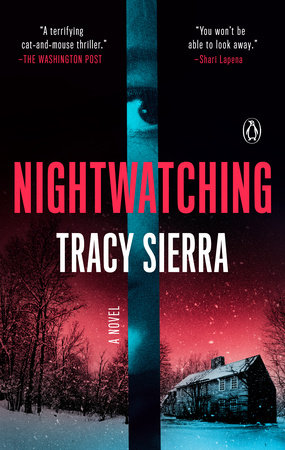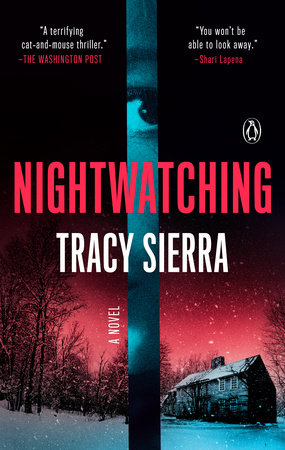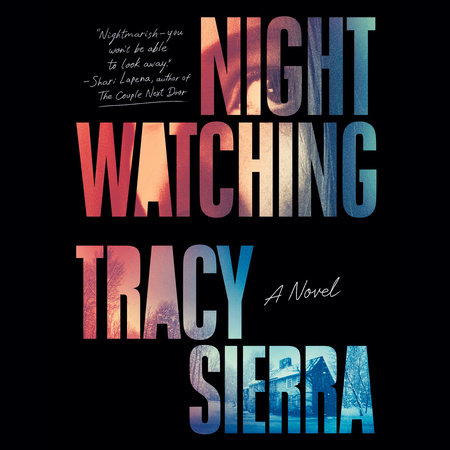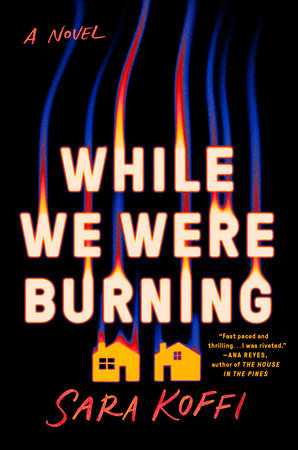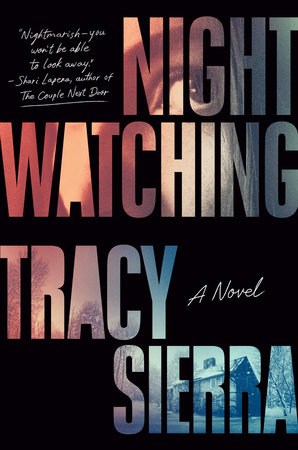

Nightwatching
By Tracy Sierra
By Tracy Sierra
By Tracy Sierra
By Tracy Sierra
By Tracy Sierra
By Tracy Sierra
By Tracy Sierra
Read by Emily Ellet
By Tracy Sierra
Read by Emily Ellet
Category: Suspense & Thriller
Category: Suspense & Thriller
Category: Suspense & Thriller
Category: Suspense & Thriller | Audiobooks

-
$18.00
Jan 21, 2025 | ISBN 9780593654781
-
$29.00
Feb 06, 2024 | ISBN 9780593654767
-
Feb 06, 2024 | ISBN 9780593654774
-
Feb 06, 2024 | ISBN 9780593827062
629 Minutes
Buy the Audiobook Download:
YOU MAY ALSO LIKE

Next of Kin
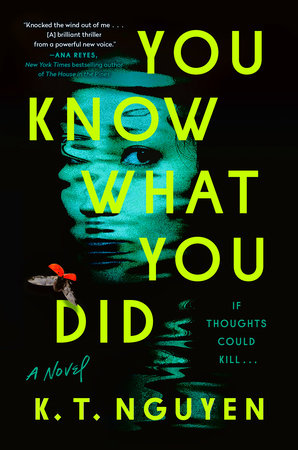
You Know What You Did

Lessons in Chemistry
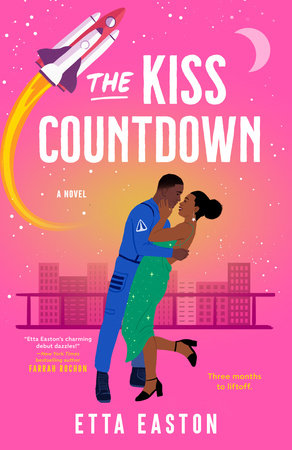
The Kiss Countdown
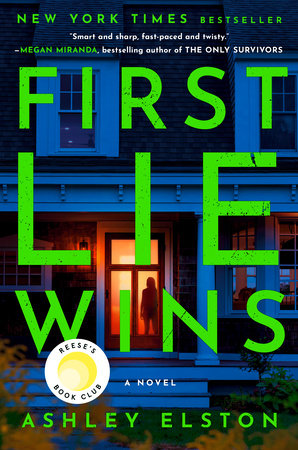
First Lie Wins: Reese’s Book Club

James
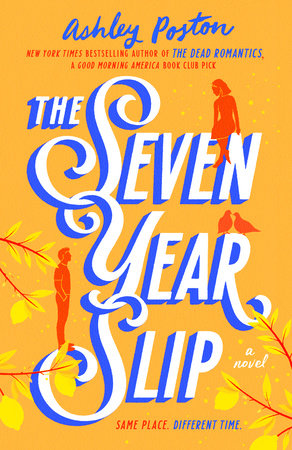
The Seven Year Slip

To Gaze Upon Wicked Gods

Love Letters to a Serial Killer
Praise
Praise for Nightwatching:
“Phenomenal. . . thrilling.”
—Jimmy Fallon
“[Nightwatching] guarantees you will stay up, as I did, way past bedtime, tearing through pages to find out what happens, or you’ll be too petrified to sleep, or maybe both.”
—Mary Louise Kelly, NPR
“Horror meets thriller in this pulse-pounding locked-room suspense, playing off the dread (and claustrophobia) of being trapped in your home with an intruder. . . Sierra manages to integrate complex ideas about perception, trauma, guilt, and women’s autonomy…without once loosening her grip on the reader’s nerves.”
—Elle
“How many of us have had the experience of hearing an old house creak in the night and wondering if it was something more? That uneasiness becomes terror in Sierra’s riveting debut. . . . What happens next falls between horror and suspense, landing with almost unbearable intensity. . . Nightwatching [is] among the best debuts I’ve read in years.”
—LA Times
“[Nightwatching] truly terrified me. . . this was literally catnip for my intrusive thoughts. My heart never stopped racing.”
—USA Today
“The reader is thrust into a scenario of unadulterated fear in Tracy Sierra’s stellar debut. . . To describe this novel as nightmarish contrasts with the vividness of this night, as Sierra escorts the reader beyond metaphor: Is it a nightmare if it’s real? Nightwatching is a terrifying cat-and-mouse thriller in which the creak on the stairs is an overture to a fight for survival.”
—Washington Post
“Nightwatching is one of those reads I devour: a thrilling mystery with an actual message and larger societal commentary contained within. . . Sierra’s plot is propulsive and is literally heart-pounding. . . Along the way, she raises important questions about who gets to be a victim and how hard it is for women to be believed. It will enrage you, it will scare you, and it will definitely make you want to discuss it.”
—Glamour
“Nightwatching grows in stature and becomes not just a nerve-shredding page-turner but also an ingenious guessing game and an absorbing account of a woman’s struggle to make her voice heard.”
—Minneapolis StarTribune
“The extreme tension . . . triumphs in a gripping and convincing finale. Not for the faint-hearted.”
—The Daily Mail
“So terrifying that it can easily be considered horror-adjacent. . . The intense plunge into the main character’s traumatic experience feels incredibly real and immediate, and the suspense doesn’t let up until the last moments of the novel.”
—BookPage
“Tracy Sierra has done the impossible: changed my mind about the home invasion thriller. . . Gripping.”
—CrimeReads
“One of the most terrifying—and brilliant—thrillers I have ever read. . . Gripping from start to finish.”
—The Guardian (London)
“The most gripping thriller I have ever read. . . I was astounded at how Sierra kept up the pace in this high-wire act of a thriller, but she doesn’t put a single foot wrong.”
—Scary Mommy
“Nightwatching is just as much a psychological thriller as it is a horror story. Powerful and absorbing, it was not easy to put this book down until I finished it. In my opinion, that is the mark of an excellent story. Highly recommended.”
—Fresh Fiction
“Outstanding. . . As grippingly suspenseful as the plot is, Sierra’s first outing boasts other strengths just as noteworthy, from its transportingly eerie setting to its indelible main character, a petite, prototypical ‘good girl’ pushed to the brink by years of being underestimated, patronized, and disbelieved by men with power. The icing on the cake is the splendid ending, which feels both surprising and inevitable.”
—Publishers Weekly (starred review)
“Straddling the line between psychological thriller and domestic horror, Sierra’s auspicious debut immediately plunges readers headlong into its unnamed protagonist’s waking nightmare. . . tense, emotionally resonant . . . Well-timed flashbacks add context and poignancy. Fiercely feminist and viscerally terrifying.”
—Kirkus (starred review)
“I barely breathed while reading this incredibly tense, chilling thriller.”
—Good Housekeeping (UK)
“Nightwatching is like nothing I’ve read before. I wolfed it down in two sittings; it’s amazing.”
—Lisa Jewell, #1 New York Times bestselling author of None of This is True
“Nightmarish—you won’t be able to look away.”
—Shari Lapena, New York Times bestselling author of The Couple Next Door
“If Stephen King and Dean Koontz co-wrote a thriller, the result would be a lot like Nightwatching. Eerily atmospheric, pulse-pounding and unputdownable, this book will keep you up at night.”
—Sarah Pekkanen, New York Times bestselling author of Gone Tonight
“Very few books are as sharp, clever, and utterly terrifying as Nightwatching. Read at your own risk.”
—Chris Whitaker, New York Times bestselling author of We Begin at the End
“I loved Nightwatching. It is the most gripping thriller I have ever read.”
—Gillian McAllister, New York Times bestselling author of Wrong Place Wrong Time
“I am trying to think of a book that has grabbed me by the throat more quickly. None comes to mind.”
—Linwood Barclay, New York Times bestselling author of The Lie Maker
“The most gripping psychological thriller I’ve ever read. Heart-thumping and mesmerizing, a masterclass in tension and terror, it’s also a creative, thoughtful portrait of maternal fear and love–a must read.”
—Ashley Audrain, New York Times bestselling author of The Push
“Nightwatching is an intense and claustrophobic thriller–it’s terrifying and unputdownable.”
—Karin Slaughter, New York Times and #1 international bestselling author of After That Night
“Few novels have affected me like this one. Nightwatching is acutely frightening and beautifully written, as tender as it is terrifying. I can’t remember rooting for a character quite so hard!”
—Abigail Dean, New York Times bestselling author of Girl A
“Tracy Sierra is an impressive new talent. Nightwatching is riveting, by turns a chilling account of a horrifying ordeal and a whip-smart snapshot of marriage, motherhood, and the female experience in a man’s world. Psychological terror at its finest.”
—Gilly Macmillan, New York Times bestselling author of The Manor House
“Breathtakingly superb on every level. A proper tour de force that delivers the highest possible grip factor from first word to last, and a more satisfying resolution than I dared to hope for.”
—Sophie Hannah, New York Times bestselling author of The Couple at the Table
“Nightwatching is at once a terrifying descent into my deepest maternal fears, a blistering social critique, and an elegiac portrait of what it means—and what it takes—to endure. One of the most haunting, gripping novels I’ve read in a long time.”
—Katie Gutierrez, national bestselling author of More Than You’ll Ever Know
“So tense, so thought-provoking.The definition of ‘can’t put down.’”
—Araminta Hall, author of Imperfect Women
21 Books You’ve Been Meaning to Read
Just for joining you’ll get personalized recommendations on your dashboard daily and features only for members.
Find Out More Join Now Sign In






